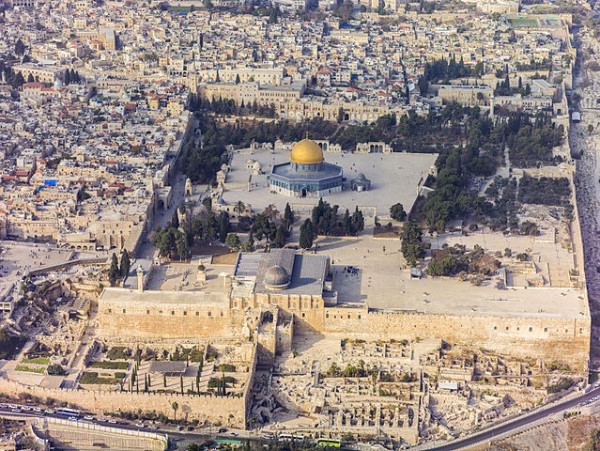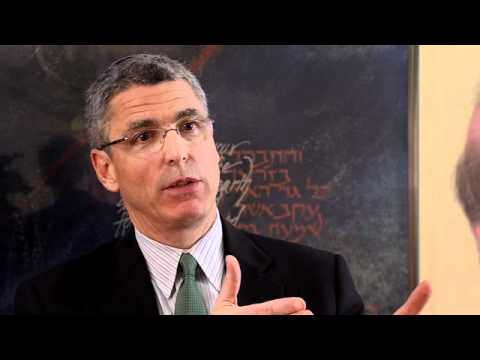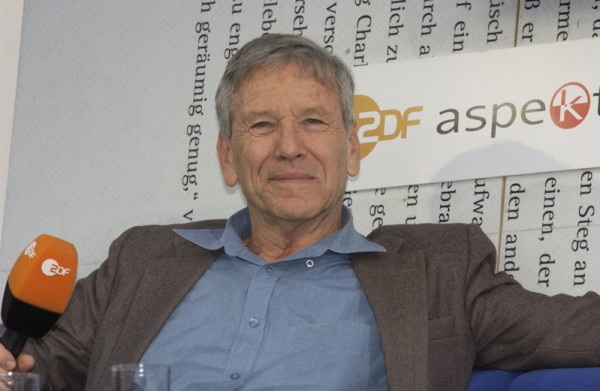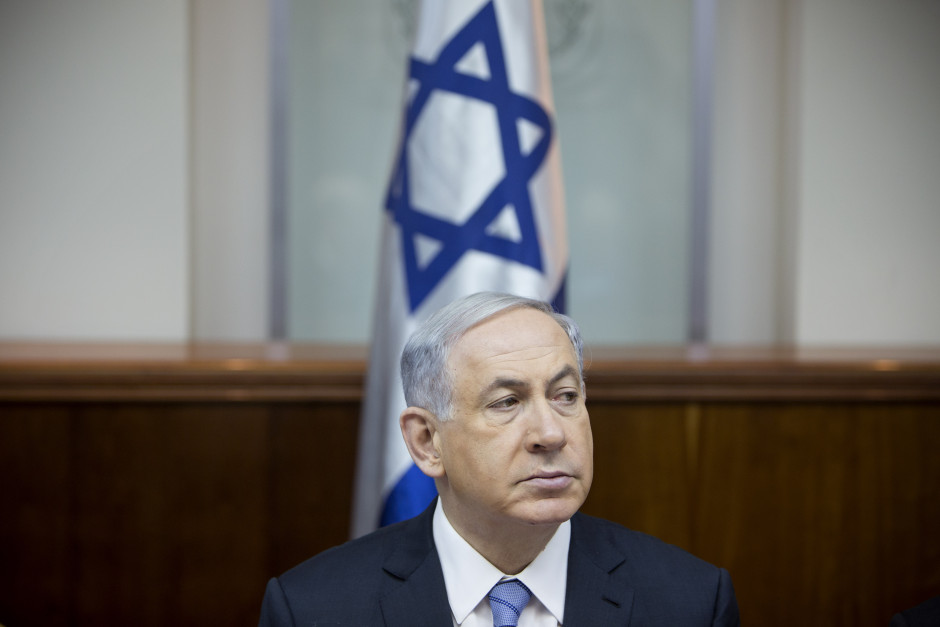Shortly after Islamic State terrorists finished their deadly rampage in Paris on November 13, a black Friday in the annals of the City of Light, Israeli Prime Minister Benjamin Netanyahu sent a message to France.
“The terrorists who attack us have the same murderous intent as those in Paris,” he said, adding that Israel stands “shoulder to shoulder with France in this common battle with militant Islamic terrorism.”

“We are not to blame for the terrorism directed against us, just as the French are not to blame for the terrorism directed against them,” Netanyahu went on to say. “It’s the terrorists who are to blame for terrorism, not the (occupied) territories, not the (Jewish) settlements … It is the desire to destroy us that perpetuates this conflict …”
Six days later, after five Israelis were killed in stabbing and shooting incidents in Tel Aviv and the West Bank, Netanyahu issued another missive: “Behind these terrorist attacks stands radical Islam, which seeks to destroy us, the same radical Islam that struck Paris and threatens Europe. Whoever condemned the attacks in France must condemn the attacks in Israel. It’s the same terrorism. Anyone who does not do so is acting hypocritically and blindly.”
Terrorism is a foul and disgusting phenomenon and should be universally condemned, whether it manifests itself in Israel or in France. But Netanyahu’s comments are disengenuous and smack of rank political opportunism.
By linking the recent events in Paris to the spate of random terrorist attacks that have descended on Israel since the beginning of October, Netanyahu has conflated two different realities for his own ends.
It’s undeniably true that radical Islam is a clear and present danger to France, the rest of Europe and Israel. But from that point onward, Netanyahu’s argument is transparently self-serving, a method for squeezing political capital out of a tragic event and a cover for maintaining Israel’s occupation of the West Bank without opposition from the international community.
Contrary to Netanyahu’s glib analysis, the current violence roiling Israel is not only a function of an extremist Palestinian desire to eradicate the Jewish state. Judging by such groups as Hamas and Islamic Jihad, the Palestinian national movement in its entirety has yet to accept Israel’s existence and legitimacy. Yet this is not the sole reason for the eruption of Palestinian terrorism. There are other issues that must be taken into consideration as well.
The Palestinians fear that Israel wants to alter the status quo at the Temple Mount in East Jerusalem. Netanyahu has strenuously denied this accusation, but to little avail.

The Palestinian grievance that burns most brightly and causes the greatest amount of anger, frustration and hopelessness is Israel’s 47-year occupation of the West Bank, which not a single country in the world, friend or foe, supports. This is not a problem that can be swept under the rug, as Netanyahu imagines.
In a recent appearance at the Center for American Progress in Washington, D.C., Netanyahu made an astonishing claim. “It’s become an axiom that we’re gobbling up land — we’re not,” he declared, noting that no new settlements have been built in the West Bank in the past two decades.
Although this assertion is factually correct, Israel continues to expand existing settlements in Area C, which comprises 61 percent of the West Bank and which Israel fully controls. Without Area C, the Palestians cannot even dream of achieving statehood. Conveniently enough, Netanyahu omitted this fact from his talk.
Netanyahu’s dogged determination to hang on to the West Bank, come what may, is distancing even lovers of Zion from Israel.

Rabbi Rick Jacobs, the president of the Union for Reform Judaism, warned recently that Israel’s occupation “threatens the very Zionism we hold dear, the living expression of a Jewish and democratic state.”
Elaborating on this theme, he said, “It causes pain and hardship for the Palestinians and alienates Israel from friends and allies around the world. Only two states for two people, both states viable and secure, living side by side in peace, will bring the conflict to an end.”
Amos Oz, the illustrious Israeli novelist, has also alluded to this theme. So fed up is he with Israel’s myopic policy on the Palestinians that he has decided to shun Israeli embassy functions abroad.
When a person of his calibre and stature takes such a drastic step in response to “the radicalization” of Israeli government policy in the West Bank, something is terribly amiss. Unfortunately, Netanyahu and company don’t see the handwriting on the wall, much to Israel’s detriment.

